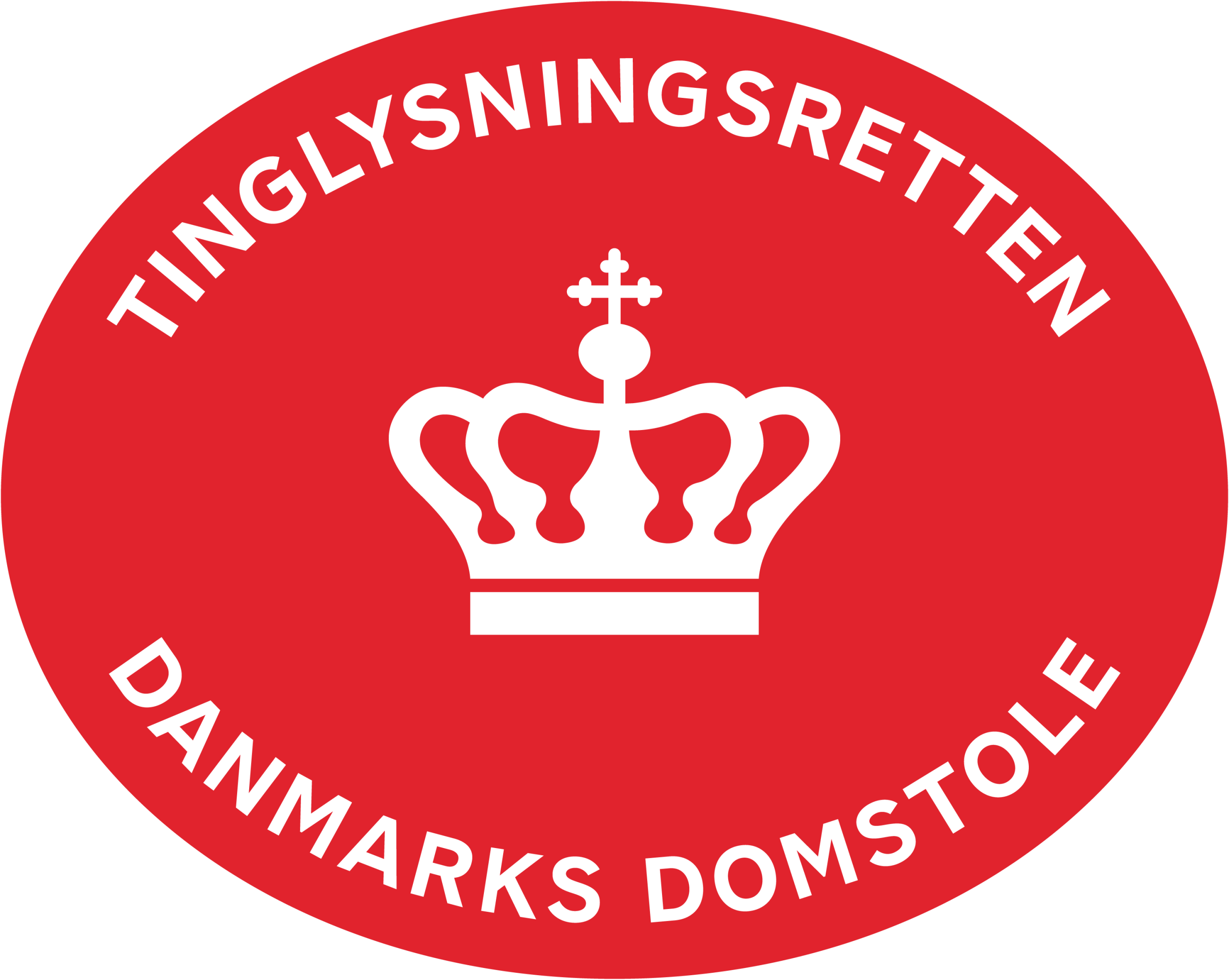Danish society is dominated by many different types of associations and societies with different purposes. Some are traditional non-profit associations, while others are financially based and work to achieve financial gain. Membership in an association can be voluntary or compulsory. In real estate and private law, we find, for example, cooperative associations, tenant associations, landowner associations and condominium associations.
In connection with the transfer of residential and commercial properties, but also as part of the general operation of associations, property owners, associations and their boards are increasingly in need of legal advice on legal, technical and financial matters across legal areas. This is mainly due to the interaction between the rules of private and public law, including the special rules and legal principles of association law, which can sometimes be quite complicated to handle in relation to applicable special legislation. The tendency is that owners' associations and landowners' associations, in particular, where the rules in the Condominium Act, the standard bylaws, special bylaws, the Planning Act, as well as municipal plans and local plans apply, can often find it difficult to handle the legal issues that the underlying legal regulation entails. Advice on this is therefore important to ensure that the associations in question are run responsibly while safeguarding the common interests of the members in the best possible way.
At CLEMENS, we offer legal advice in this area of law at a high professional level, and we are happy to work solution-oriented with advisors from other industries, so that together we can create the right solutions and thus value for our clients. At CLEMENS, we advise a significant number of private and public companies, including private investors, investment companies, real estate funds, social housing organizations, project developers, associations, etc. but also private property owners, on key association law issues. Through this, we have accumulated considerable experience in handling a wide range of the typical advisory tasks that owners' associations and landowners' associations encounter.
We can advise on and help with, among other things:
- Establishment of owners' associations and landowners' associations, including registration as a voluntary association in the CVR register, preparation of articles of association, assistance in obtaining budgets, convening founding and constituent general meetings, participation in board meetings and general meetings, including as chairman, obtaining municipal approval of new articles of association under the Planning Act, etc.
- Registration of articles of association.
- Negotiation of terms for the transfer of common areas or parts thereof, e.g. floor space or attic space, and assistance in connection with preparation or review of purchase agreement, attendance at general meetings in connection with decision on the sale of common areas, including preparation of draft resolutions, advice and assistance in connection with release of mortgages, dialog with private and public actors, assistance with rectification of the transfer of the common area.
- Clarification of the tax, VAT and duty consequences of the transfer of common areas, usually in close dialog with the accountant.
- Advising owners' associations and landowners' associations on issues concerning members' access to common areas, including the demarcation of common areas in relation to the individual member's separate property rights, as well as related construction and planning law issues.
- Represent owners' associations, homeowners' associations, including their boards or members of the boards, or members of the associations, in the resolution of disputes under association law or private law, including both complaints and litigation.
- Possibility to divide a property into condominiums and access to further subdivision of a condominium.
- Assessment of usage options and limitations, e.g. residential and/or commercial.
- Conflicts of rights between the normal statute, special statutes, and/or registered easements.
- Assessment of the validity of board and general meeting decisions, including delimitation of competencies.
- Assessment of minority and individual powers, requirements for objectivity in decisions, and the possibility of expulsion of members.



